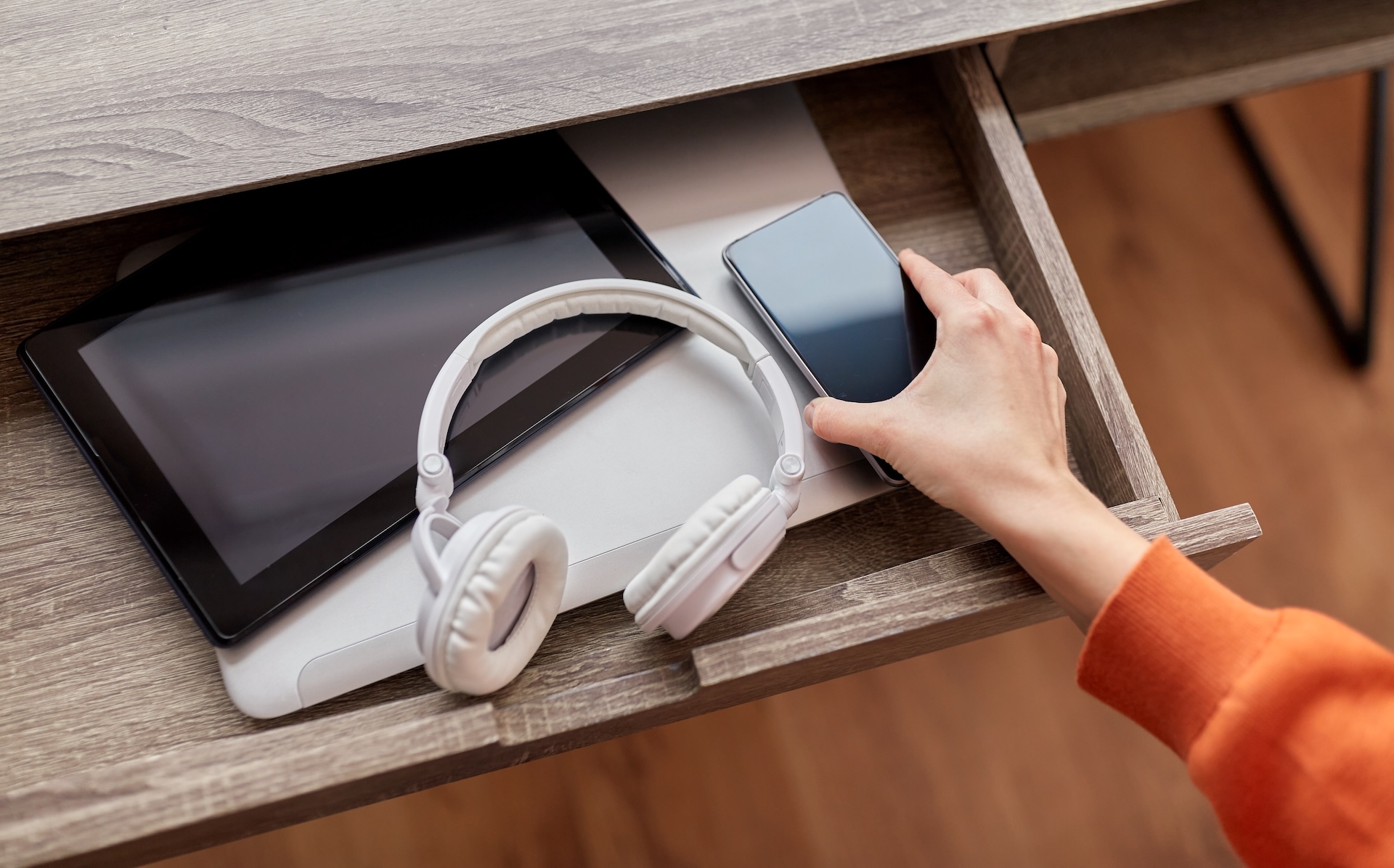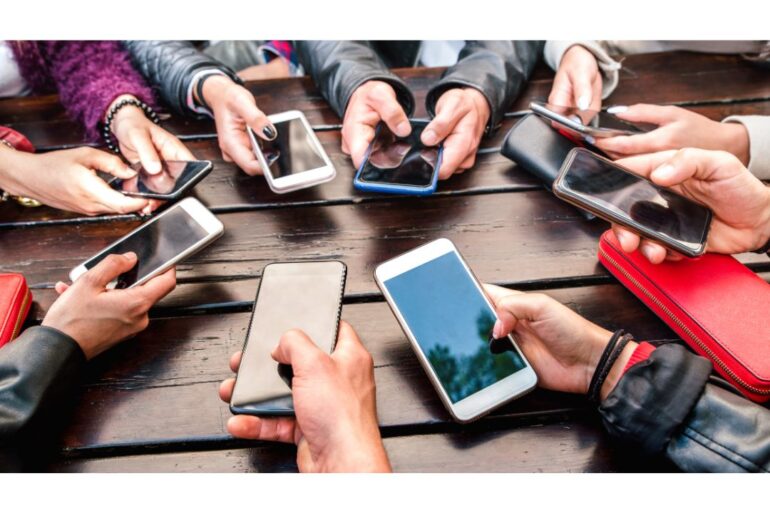Logging off sounds simple until you live in a country that runs on Wi-Fi, side hustles, and group chats.
In Washington D.C., a group called Month Offline is asking people to do something radical: trade their smartphones for flip phones. For one month, participants live without social media, group chats, or constant notifications in exchange for something far rarer: quiet.
As reported by Vox, the project is run by a company called Dumb and Co. Participants receive a basic flip phone, a new number, and access to weekly support sessions to talk about algorithms, doomscrolling, and attention. The idea isn’t to escape technology but to relearn how to live without being consumed by it.
“The phone certainly amplifies some of our avoidant tendencies,” said Grant Besner, one of the co-founders of Month Offline. “Just replacing it even for a little bit and needing to sit with your own thoughts and to be bored can be a transformative and really positive experience in someone’s life.”

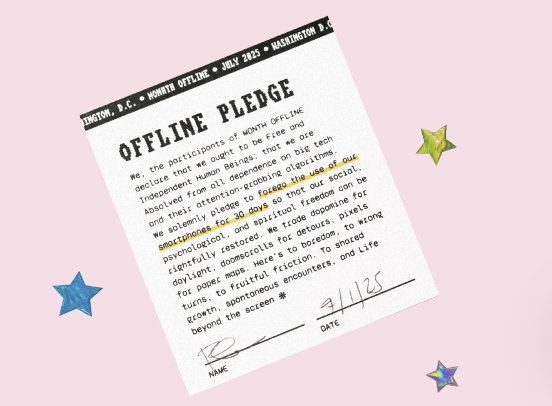
But as the US experiments with life offline, you have to ask: could that ever work in the Philippines aka one of the most chronically online countries in the world?
Related story: Will generative AI really boost our productivity? Researchers think not yet
Related story: Is ChatGPT making our brains lazy?
Living inside the scroll
Filipinos spend an average of 8 hours and 52 minutes online every day, according to the 2025 Digital Report by We Are Social and Meltwater, one of the highest in the world. Everything happens through a screen: work chats, shopping, entertainment, dating, and gossip.
Logging off here isn’t just difficult, it’s borderline unthinkable. For freelancers, creators, and students, being connected is how you earn, learn, and stay relevant. “Doomscrolling” has become our default form of rest, even when it leaves us feeling drained. And the irony is, some of us scroll through “self-care” content while ignoring how exhausted we are from being permanently plugged in.
The Filipino dilemma
Here, the idea of “digital detox” lands differently. Disconnecting feels like a luxury most people can’t afford. Unlike in the U.S., where people can pay for retreats or flip-phone challenges, many Filipinos rely on the internet to work multiple jobs, care for family abroad, or stay socially visible. Our collective attention is constantly divided not just by work but by survival. Group chats, live streams, memes, and trending hashtags keep us culturally connected but emotionally depleted.
Related story: Is Google dying or evolving? Inside the tech giant’s race to stay relevant in the AI era
Related story: Need a breather? Here are five scenic cafés worth visiting outside Metro Manila
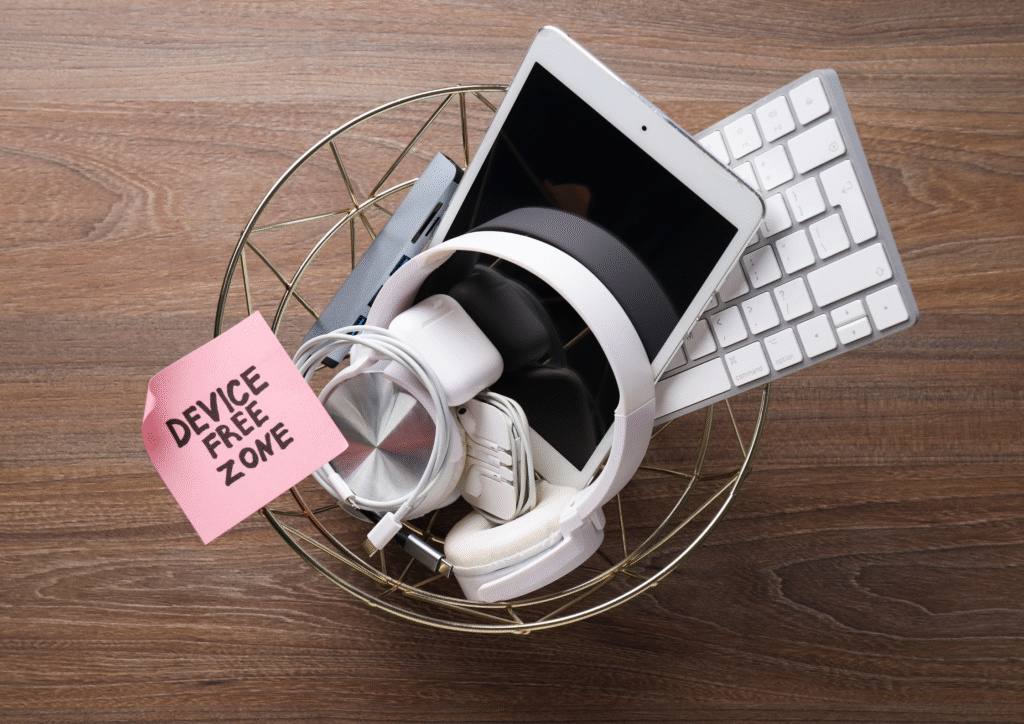
What the experts say
In a Rappler article, technology researchers Kelley Cours Anderson and Karen Anne Wallach said that the key to overcoming device dependency isn’t quitting cold turkey, but building what they call “replacement practices.” These are healthy habits that fill the time we usually spend scrolling like reading, moving, or picking up a hobby. Their study also found three other strategies that help improve digital balance:
- Social connection, by spending time with people offline.
- Mindfulness, by learning to pause and be more present before picking up your phone.
- Consistency, by treating digital wellness as an ongoing process, not a one-time fix.
Related story: Where is home? It’s anywhere you’re connected—in more ways than one
Related story: Sick of Google’s AI summaries? Try swearing at it instead
But how do we (slowly) log off?
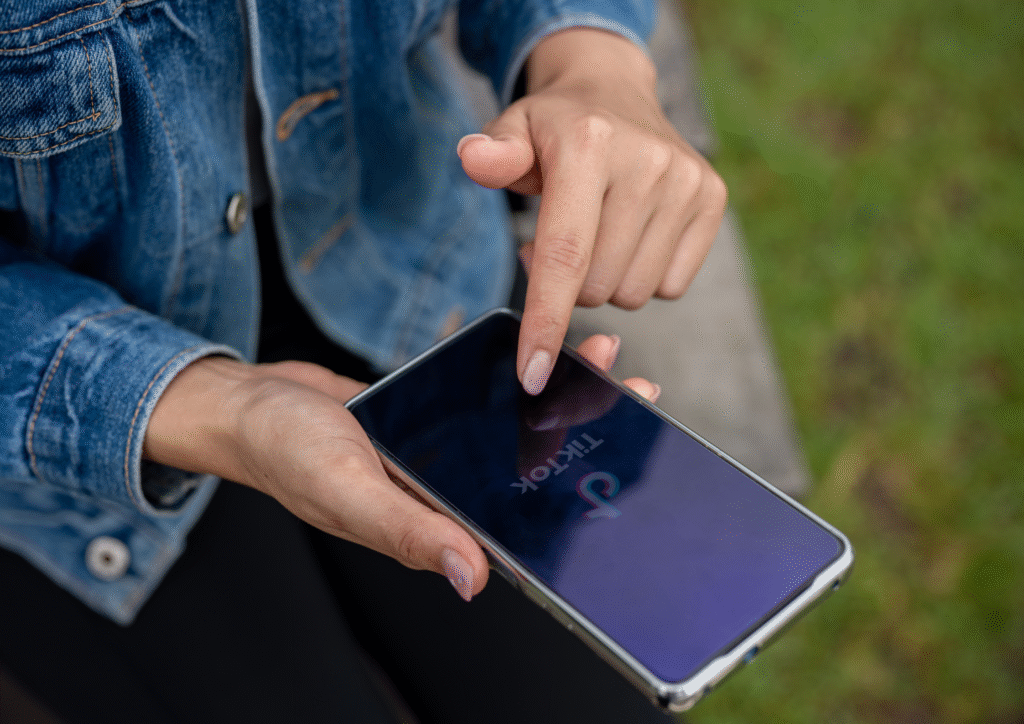
You don’t need to quit the internet to protect your attention, you just need boundaries.
Start small with a digital sunset. No screens an hour before bed. Charge your phone away from your pillow and let your brain unwind without the glow of a screen.
Declutter your screen. Hide the apps that eat your time and keep only what’s essential on your home screen. That extra step before opening social media gives you a second to decide if you really want to open it.
Mute and batch notifications. Turn off alerts that don’t matter and check messages at set times (not every few minutes!). It helps your brain recover from constant interruption.
Lastly, fill your quiet moments with real-world activity. Stretch, read, or take a short walk without your phone. Replacing screen time with small physical or mindful acts reduces fatigue and improves focus.
Our relationship with our screens
In a New York Times piece, critic Alexandra Jacobs asked what would happen if we stopped fighting our phones and tried to make peace with them instead.
She spent a summer fully giving in to screen time, from scrolling TikTok, reading endless news alerts, even falling asleep to her phone’s glow. What she found was that not all online time is wasted. The internet, she wrote, also helps people create, connect, and find new ways to express themselves.
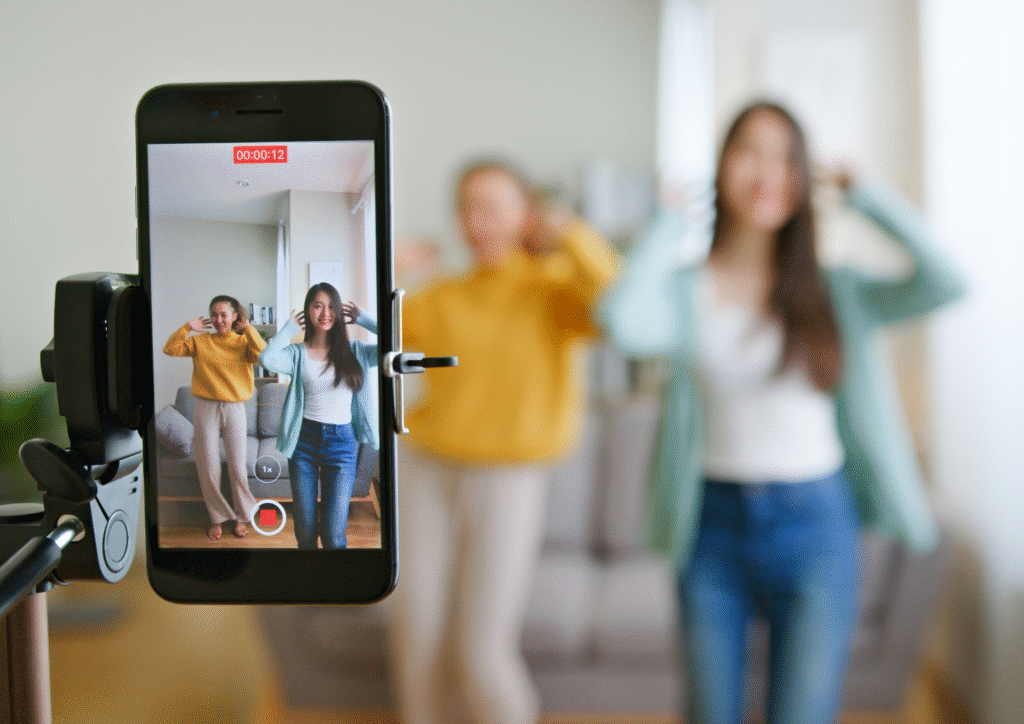
Drawing from the books Algospeak by Adam Aleksic and You Have a New Memory by Aiden Arata, Jacobs suggested that being online isn’t always a bad thing. It can also be a form of creativity and reflection. Her takeaway was simple: our phones aren’t the enemy. Maybe what we need isn’t a total break, but a better relationship with them, one where we know when to scroll, and when to stop.
The real question
When everything — from our side hustles to our sanity — depends on staying connected, what does rest even look like anymore?
So maybe the real challenge isn’t whether we can survive a month offline, but whether we’re brave enough to take even an hour back for ourselves.
Would you try it?

